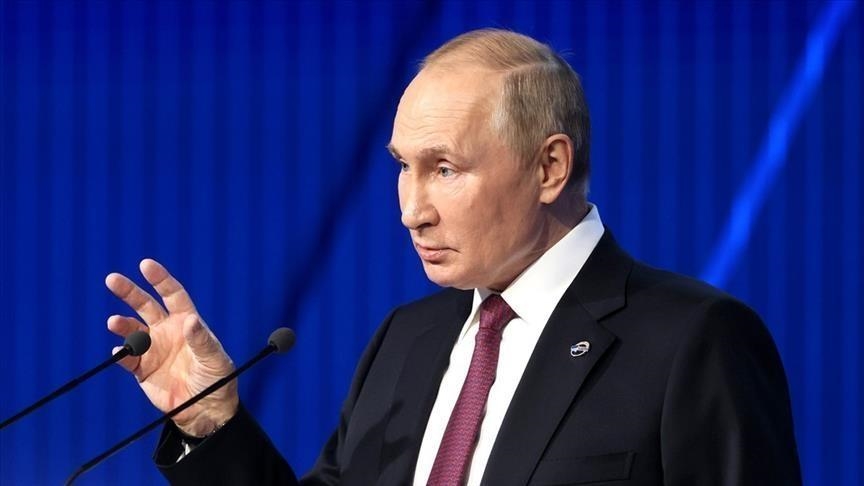Putin Announces Russia Will Respect New START Nuclear Treaty for Another Year
Russian President Vladimir Putin has announced that Russia will continue to observe the New START nuclear arms treaty for one additional year beyond its scheduled expiration, provided the United States reciprocates, a move welcomed by arms control experts but seen as a temporary measure amid ongoing tensions.

Russian President Vladimir Putin declared in a televised meeting with his Security Council that Moscow is prepared to adhere to the central quantitative limits of the New Strategic Arms Reduction Treaty (New START) for one year after its scheduled expiration in early 2026, contingent on the United States maintaining the same restrictions. The New START treaty, signed in 2010 by then-presidents Dmitry Medvedev of Russia and Barack Obama of the United States, is the last remaining arms control agreement between the two countries and caps deployed nuclear warheads at 1,550, with additional limits on missiles and launchers, according to multiple independent reports including The Moscow Times and Exchange Monitor.
Putin’s Announcement and International Response
Putin’s offer comes after Russia suspended its participation in the treaty in 2023, though it did not fully withdraw. In his remarks, Putin emphasized that the extension is intended to avoid provoking a new strategic arms race and to maintain predictability during what he described as a turbulent period. Kremlin spokesperson Dmitry Peskov clarified that the move had not been coordinated in advance with U.S. President Donald Trump. The announcement was met with cautious approval by non-proliferation experts, who noted that while the gesture could serve as a basis for renewed arms control talks, it remains a voluntary, self-imposed restriction without new verification mechanisms. Daryl Kimball, executive director of the Arms Control Association, urged the United States to reciprocate, stating that such cooperation could help reduce existential security threats.
U.S. and Allied Reactions
White House Press Secretary Karoline Leavitt described Putin’s proposal as sounding “pretty good,” but indicated that President Trump would need to address the offer directly. Trump has previously expressed support for maintaining New START’s nuclear stockpile limits, calling the agreement’s expiration a potential problem. However, analysts noted that the extension is largely a political pledge and does not introduce new obligations or verification measures. The Chinese Foreign Ministry also welcomed Russia’s stance, reiterating the international community’s expectation that both the United States and Russia fulfill their primary responsibility for nuclear disarmament and work toward verifiable, legally binding reductions.
Treaty Context and Future Prospects
The New START treaty, which was extended for five years in 2021, is set to expire in February 2026. Its provisions have been credited with limiting the growth of the world’s two largest nuclear arsenals and providing a framework for mutual monitoring. Experts such as John Erath of the Center for Arms Control and Non-Proliferation suggested that Putin’s move is aimed at signaling a willingness to cooperate with the West on arms control, even as broader tensions over Ukraine and other issues persist. Analysts cautioned that while the extension could serve as a stopgap, the absence of a long-term agreement raises concerns about future strategic stability, especially as other nuclear powers such as China expand their arsenals. The decision now rests with the United States, with observers watching closely for a formal response from the Trump administration.